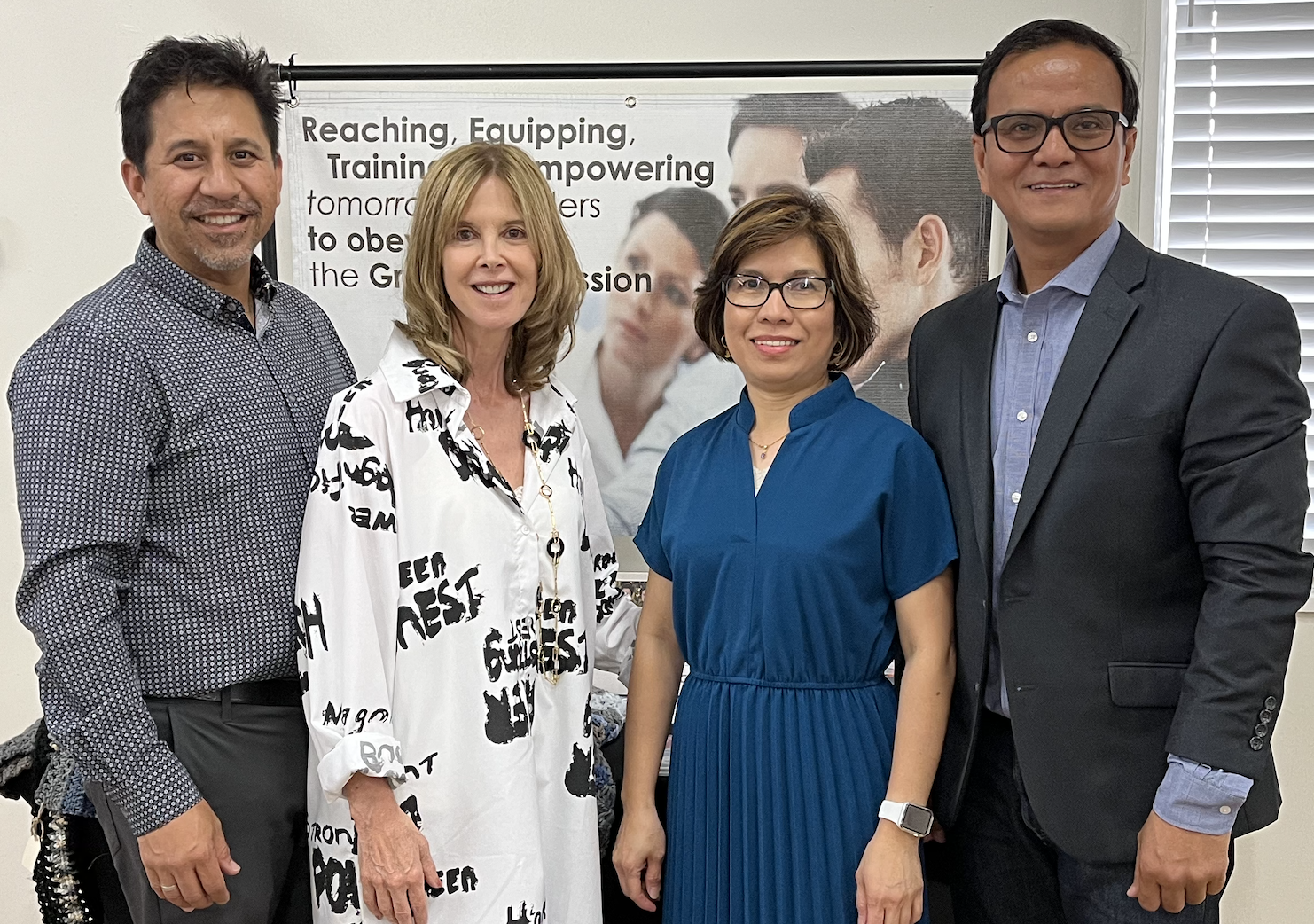“We must learn to regard people less in the light of what they do or omit to do, and more in the light of what they suffer.” – Dietrich Bonhoeffer
Virginia and I have lately been emphasizing in our preaching and teaching the importance of building healthy Christian communities that highlight the importance of love, kindness, service, and forgiveness. In other words, Christian communities that practice the collective spiritual discipline of gathering under the same roof to worship God and place importance on practicing the one another or each other commandments of the New Testament.

Mental Health Awareness Month has been observed during the month of May in the U.S. since 1949.
Statistics according to the National Alliance on Mental Illness show that:
--1 in 5 U.S. adults experience mental illness each year, and less than half receive treatment.
--1 out of every 25 individuals in the USA is dealing with a serious mental health disorder.
--55% of U.S. counties do not have a single practicing psychiatrist.
--Suicide is the second-leading cause of death among people aged 15 to 24 in the U.S.
--Nearly 20% of high school students report serious thoughts of suicide, and 9% have attempted to take their lives. (www.nami.org)
Throughout history, the church has played a significant role in providing care for individuals with mental illness. A notable example is the Quaker movement led by William Tuke, who established England's York Retreat in 1796. This institution was founded on the principles of “moral treatment,” which still remains relevant today.
In today's complex 21st century, the church possesses a unique opportunity to contribute to the mental healthcare system by offering a profound and enduring hope that surpasses all circumstances. This hope is not merely rooted in fleeting emotions but is embodied in the compassionate person of Jesus Christ.
Mental illness is a complex issue that often requires professional treatment, but it’s important to note that Christian communities can be a valuable source of support in several ways:
Social Support: Christian communities often provide a sense of belonging and acceptance. Being part of a supportive community can be immensely beneficial for individuals with mental illness, who may feel isolated or stigmatized. Interacting with fellow believers who understand and empathize with their struggles can reduce loneliness and provide a sense of community.
Emotional and Spiritual Guidance: Many Christian communities offer pastoral care and counseling services, which can provide emotional and spiritual support to individuals dealing with mental health challenges. Pastors, church leaders, or trained counselors within the community can offer guidance, prayer, and a listening ear to those in need. Spiritual encouragement and hope can be invaluable for individuals grappling with mental illness.
Prayer and Faith: Christian communities often emphasize the power of prayer and faith. For mentally ill individuals, incorporating prayer into their coping strategies can offer comfort, peace, and hope. The belief that one is not alone in their struggles can provide a source of strength and resilience.
Practical Assistance: Christian communities frequently engage in acts of service and support for those in need, including individuals with mental illness. This can involve providing meals, offering transportation to medical appointments or therapy sessions, assisting with practical tasks, or connecting individuals with relevant resources and support networks. Practical assistance can alleviate some of the challenges faced by mentally ill individuals and improve their overall well-being.
Reducing Stigma: Christian communities have the potential to contribute to reducing the stigma associated with mental illness. They can educate their members about mental health issues and challenge negative attitudes or misconceptions by fostering an environment of acceptance, understanding, and compassion. Christian communities can promote a culture of support and empathy by openly discussing mental health, providing resources, and encouraging dialogue.
Faith-based Coping Strategies: Christian communities teach principles of resilience, hope, forgiveness, and inner healing. These concepts can be helpful for mentally ill individuals, as they provide a framework for understanding and managing their condition. Engaging with faith-based coping strategies, such as seeking hope and encouragement in Scripture, relying on community support, and practicing forgiveness and compassion, can positively impact their mental health journey.
We are thankful for your friendship and support. Together we are equipping others to boldly share the Gospel

